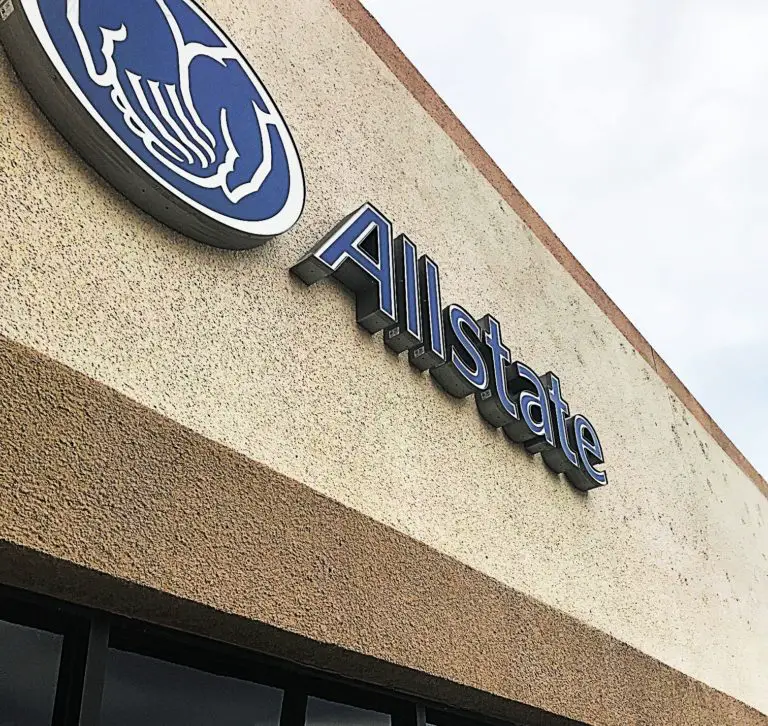Can You Buy an Insurance Book of Business with No Money Down?
Insurance books of business can be extremely profitable assets. In the property and casualty insurance industry, the agent of record for a policy receives a commission when a customer purchase the policy and each time they renew.
For instance, if someone renews their homeowners policy for one year, the agent who originally sold the policy gets another commission when the policy renews. Commission rates vary, but are often at around 10% of the premium.
There is service involved; it is not a complete passive asset. You (or your staff) do need to be able to answer insurance questions, deal with claims, and take payments. You also have to be licensed and be able to meet whatever other requirements the state or the carrier requires, such as maintaining E&O insurance, paying certain fees, having a place of business, etc.
While its not completely passive, it is far more passive than being in a lot of sales professions like real estate, for instance, where you get paid for a sale and there is not a continuing income stream down the road.
Not everyone will renew, and there is definitely a lot of variance among carriers and the type of policy, but renewal rates in the 80-90% range are not uncommon. On top of that, insurance like many other consumer purchases, goes up over time due to inflation.
People often compare buying an insurance book of business to buying investment real estate. However, there is no real comparison in terms of cash flow. An insurance book of business might trade at 1.5 to 3.0 of annual income.
So let’s say there is an insurance book of business for $2,000,000 in premium that generates $200,000 per year in commissions for its owner. At 2 times commission, that book would sell for $400,000.
There are apartment buildings in San Francisco that trade at 15 times the gross rent or more. So something producing $200,000 in gross rent might sell for $3,000,000. Keep in mind that in both cases, these are gross rents.
You have a lot of expenses to pay out whether you own a building and pay utilities, management fees, etc. or you own an insurance book and pay staff, rent, etc.
Also keep in mind that the income a book produces is going to go down each year unless you can successful cross-sell those customers or write new policies to replace the ones that people will gradually cancel over time. A building does not shrink and get smaller every year with fewer units to rent.
Find the right insurance book of business lender
There are financing options available for insurance books of business. While practically every bank and thousands of other non-bank lenders offer loans on real estate, insurance books of business generally attract a few specialty lenders.
While people often buy independent books of business, the best rates are generally available for exclusive agencies. In the P&C area, this would be books of business for Allstate and Farmers. Some of the most active lenders include Oak Street Funding, PPC Loan, Capital Resources and Allstate Finance Company.
For Allstate books, specifically, here is a list of the Top 10 Allstate lenders. While the lenders generally require at least 10% down, many of them will allow the seller of the book of business to carry a second note.
This note amount is generally 10-15% of the sale price and is behind an 80% first loan. So 90-95% is certainly possible.
Approving a loan with no money down would be subject to each lender’s guidelines, but it would benefit you as the borrower to get as good a price as possible. If you purchase the book at a very low multiple, the lender is more likely to feel safe about the collateral being sufficient to cover the loan amount in the event of a default.
Talk to your lender first, and then try to negotiate the best possible deal on a high quality book with a high level of renewals and consistently growing book size.

![Should I Invest in an Allstate Insurance Agency? [2023]](https://cdn-0.unusualinvestments.com/wp-content/uploads/2022/05/Allstate-storefront.jpg-1-768x512.webp)

